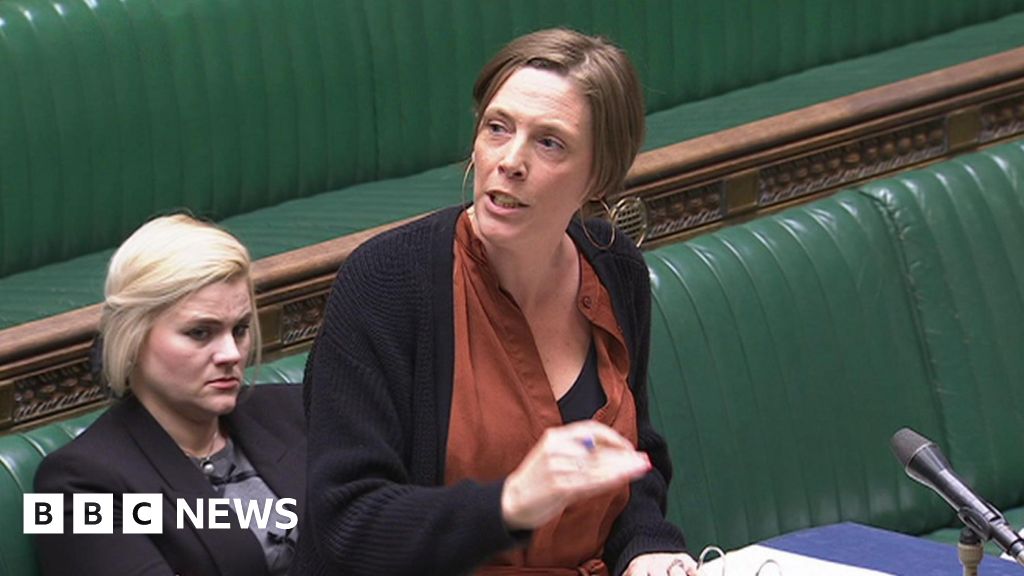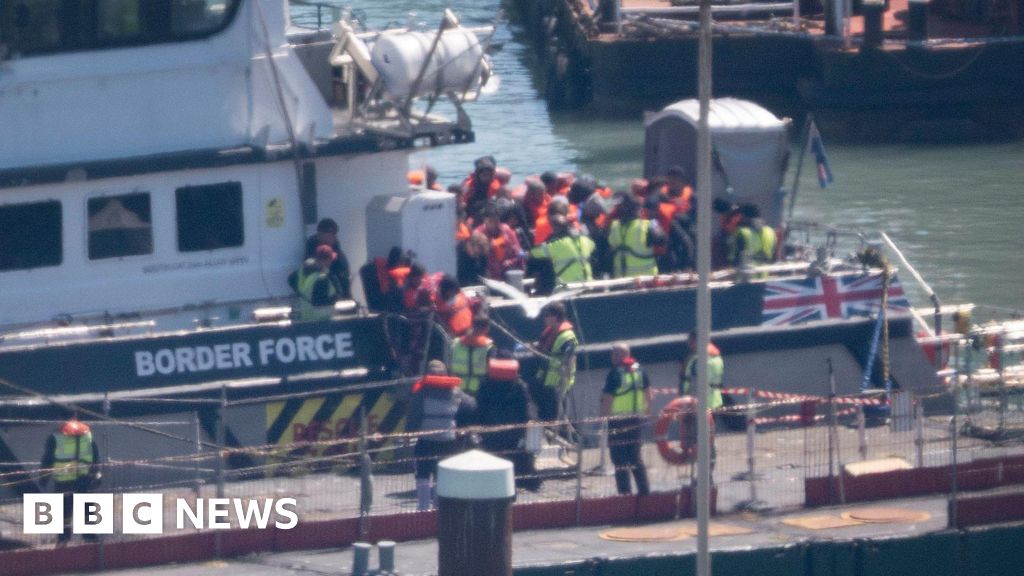ARTICLE AD BOX
By John Campbell
BBC News NI Economics & Business Editor
Image source, PA Media
Image caption,Boris Johnson has not ruled out a law to override the protocol
The prime minister has not ruled out a new law which would give UK ministers powers to override the Northern Ireland Protocol.
The Financial Times reported that draft legislation could be published in May.
The protocol is the Brexit deal that prevents a hard Irish border by keeping Northern Ireland inside the European Union's (EU) single market for goods.
It creates a new trade border between Northern Ireland and the rest of the UK.
This is something the EU accepts is causing difficulties for many businesses.
Boris Johnson was asked about the newspaper story during a visit to India on Friday.
'We have to fix that'
Mr Johnson said the UK would continue talking to the EU to seek reforms to the protocol but "we don't rule out taking further steps if that is necessary".
"This is something that has been a consistent issue for the UK government and I think it's very simple.
"It's about the balance of the Good Friday Agreement and because of what is happening, it would be fair to say, that the protocol really does not command the confidence of a large large component of the population in Northern Ireland.
"We have to address that, we have to fix that."
Asked if that could include new legislation, he replied: "Of course. That goes without saying."
Article 16 of the protocol already gives the UK or the EU the right to introduce "safeguard measures" if the deal is causing serious difficulties which are liable to persist.
But a new UK law would go much further than that, giving UK ministers broad discretion and reduced risk from legal challenge.
The EU would be likely to view the move as a serious breach of the deal.
The Financial Times suggested the law would, for example, give UK ministers the right to disregard the outcome of a Stormont consent vote on the protocol.
Under the terms of the current deal the Stormont Assembly gets to vote every four years on whether the main provisions of the protocol should continue.
The protocol was agreed by the UK and the EU in October 2019.
A series of so-called "grace periods" means it has never been fully implemented.
The supply of medicines had emerged as one of the protocol's major difficulties, with pharmaceutical firms warning it would lead to withdrawal of products if not amended.

 3 years ago
63
3 years ago
63








 English (US) ·
English (US) ·